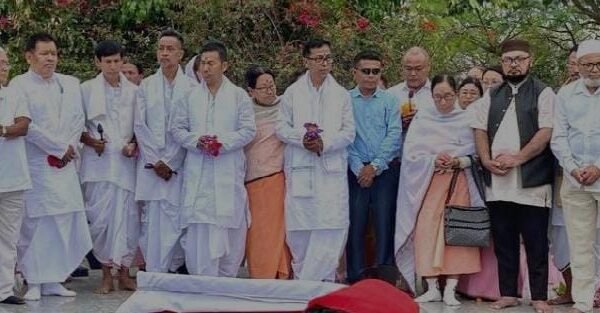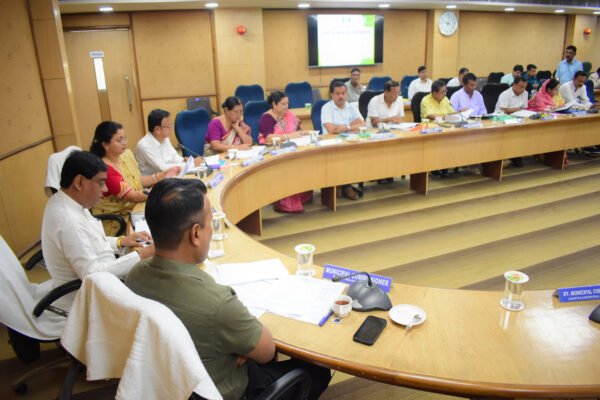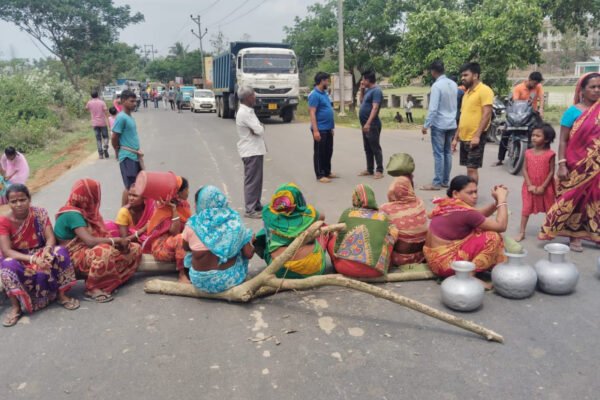Agartala, September 19, 2023: In a significant agricultural development, the Horticulture Department of Tripura has embraced an innovative approach to bolster the production of high-quality potato seeds. This strategic move aims to achieve self-sufficiency in potato seed production within the state. The adopted technique, known as “apical rooted cutting,” is currently undergoing the necessary technological advancements for successful implementation. This update was shared by the Deputy Director of the department, stationed at the Horticulture Research Complex in Agartala, during a media briefing.
Addressing the core issue plaguing potato cultivation in Tripura, the Deputy Director, Ghosh, emphasized the challenge of sourcing standard true potato seeds from other states at inflated prices. To alleviate this predicament, the state government has embraced the apical rooted cutting method, with the goal of providing quality seeds to farmers at more affordable rates.
At the initial phase of this ambitious initiative, the department plans to produce 50,000 seeds within a high-tech greenhouse situated within the expansive horticulture research complex. A dedicated 500 square meter plot of land has been allocated for the production of these potato seeds. Ghosh elaborated that preparations are underway to establish the mother bed where these seeds will be cultivated.
Notably, the Horticulture Department is collaborating with the International Potato Center (CIP) based in Peru, South America, to facilitate the project. Ghosh outlined their primary objective of empowering Tripura’s farmers to independently produce high-quality potato seeds within the next five years. The department will serve as a guiding force for technical expertise and capacity building. The resultant potato seeds will be directly distributed to farmers, reducing dependency on external sources.
Ghosh also highlighted the success of Meghalaya and Assam in adopting this technology within the Northeast region. These states have achieved remarkable progress in cultivating potato seeds independently, eliminating reliance on other states. Ghosh emphasized the desire to retain the funds previously expended on seed procurement within the state, fostering a self-sustaining circular economy.









